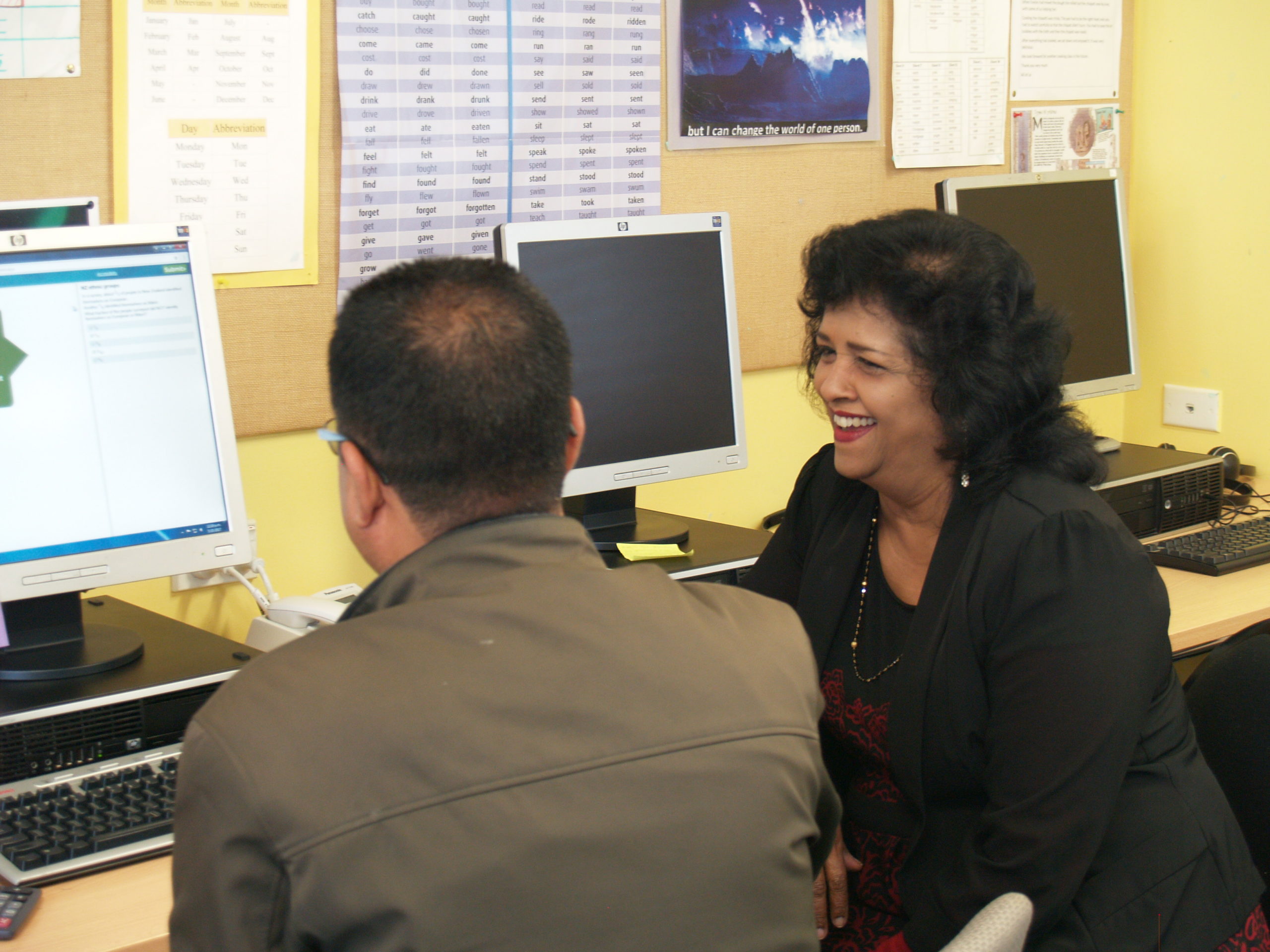What is Workplace Literacy and Numeracy?
Workplace literacy is more than having employees who can read and write. It’s about having a workforce made up of individuals who can understand and pass on instructions; who are quickly learning key skills needed to be an effective member of their team; who are becoming skilled in numeracy and literacy to a level where they can be considered for promotion.
The size of the issue
The percentage of people within the Kiwi workforce who have less than optimal workplace literacy skills to function in a knowledge and technology-based workplace is said to be at about 50%.
In an OECD Survey of Adult Skills, it was suggested that nearly one million working age New Zealanders do not possess the numeracy and literacy skills required to enable them to fully participate in education and work, or even in day-to-day activities.
Defining literacy and numeracy
Literacy and numeracy are about reading and do maths, right? That’s only partly true. Being literate in the workplace includes reading and maths but takes the employee to the next level – it’s about being able to do simple workplace tasks like applying for leave, following company policies, learning about Health and Safety and teaching it to others. It includes understanding instructions and getting things right, using new machinery or technologies, and performing simple on-the-job calculations.
It also spills over into life outside of the workplace and helps with daily tasks like shopping, sorting personal finances, and relating to others.
Literacy and numeracy in your workplace
Studies have shown that people with a low skill level in literacy and numeracy are often passed over for promotion and career advancement. For the employer, this can be costly because the best people to promote within a company are usually those who understand the business’s culture and who have experience in lower level jobs within the company.
The same studies show that those who have good literacy and numeracy skills are more likely to be engaged in their work tasks and hence achieve a higher level of productivity than those who lack these basic English skills.
Further, poor reading skills can result in higher rates of staff turnover, increased rates of wastage or on-the-job mistakes, and a higher workplace accident rate. In short, a workforce that has poor numeracy and literacy can directly impact on a company’s efficiency and productivity.
The Visionwest answer to low workplace literacy and numeracy
Through our Employment and Education service, Visionwest has two programmes to help any business improve the literacy and numeracy of its employees. Both programmes are free.
The Intensive Literacy and Numeracy programme is designed to enable individuals to be more successful in gaining employment, career advancement, completing further studies, and being effective in everyday tasks.
New Zealand Certificate in Adult Literacy and Numeracy Education (NZCALNE) is designed provide NCEA Level 5 training to those who wish to help others improve their literacy and numeracy. It’s ideal for a business that is willing to invest time in training a staff member to become their on-site staff literacy and numeracy trainer.
The NZCALNE course is free and provides immediate benefits to most businesses.
Click here to find out more about the free literacy and numeracy courses at Visionwest.
